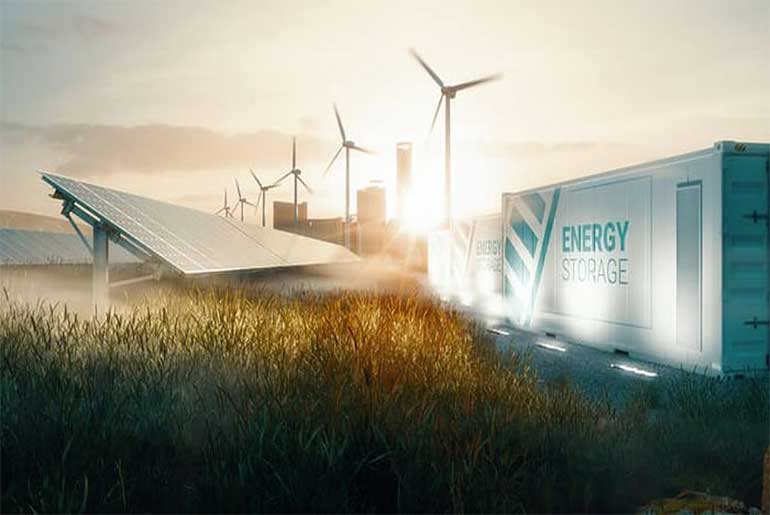State-owned Solar Energy Corporation of India (SECI), under the Ministry of New and Renewable Energy (MNRE), has invited bids for setting up 2 GW of ISTS-connected solar photovoltaic (PV) power projects integrated with 1,000 MW/4,000 MWh energy storage systems (ESS) across India. The projects will be developed on a build-own-operate basis, and developers may choose project locations at their own discretion, cost, risk, and responsibility.
The selection of solar power developers (SPDs) will follow a tariff-based competitive bidding process (SECI-ISTS-XX). SECI will sign a 25-year power purchase agreement (PPA) with successful bidders, and the procured power will be sold to various buying entities across the country.
Each 1 MW of solar project capacity must include a co-located ESS of at least 0.5 MW/2 MWh. In cases where the solar project is spread across multiple locations, the ESS must be co-located with at least one project component. Only ESS charged with solar energy will be considered part of the solar power output, and the ESS may be owned by the developer or sourced through third-party arrangements. Developers may change the ESS technology at any point during the PPA term.
Bidders must propose a minimum contracted capacity of 50 MW and can bid up to 1,000 MW, in multiples of 10 MW. Developers with existing or under-construction solar PV projects and untied capacity may also participate. Such bidders may benefit from a longer PPA term based on the actual start of power supply versus the scheduled commencement date.
The last date for online bid submission is July 22, 2025, with offline submissions due by July 24. Bids will be opened on July 25.
According to the Central Electricity Authority’s (CEA) National Electricity Plan, India will need 73.93 GW/411.4 GWh of energy storage capacity by 2031–32 to support 364 GW of solar and 121 GW of wind installations. This includes 26.69 GW/175.18 GWh from pumped storage projects (PSP) and 47.24 GW/236.22 GWh from battery energy storage systems (BESS), highlighting the critical role of hybrid renewable projects in India’s energy transition.



